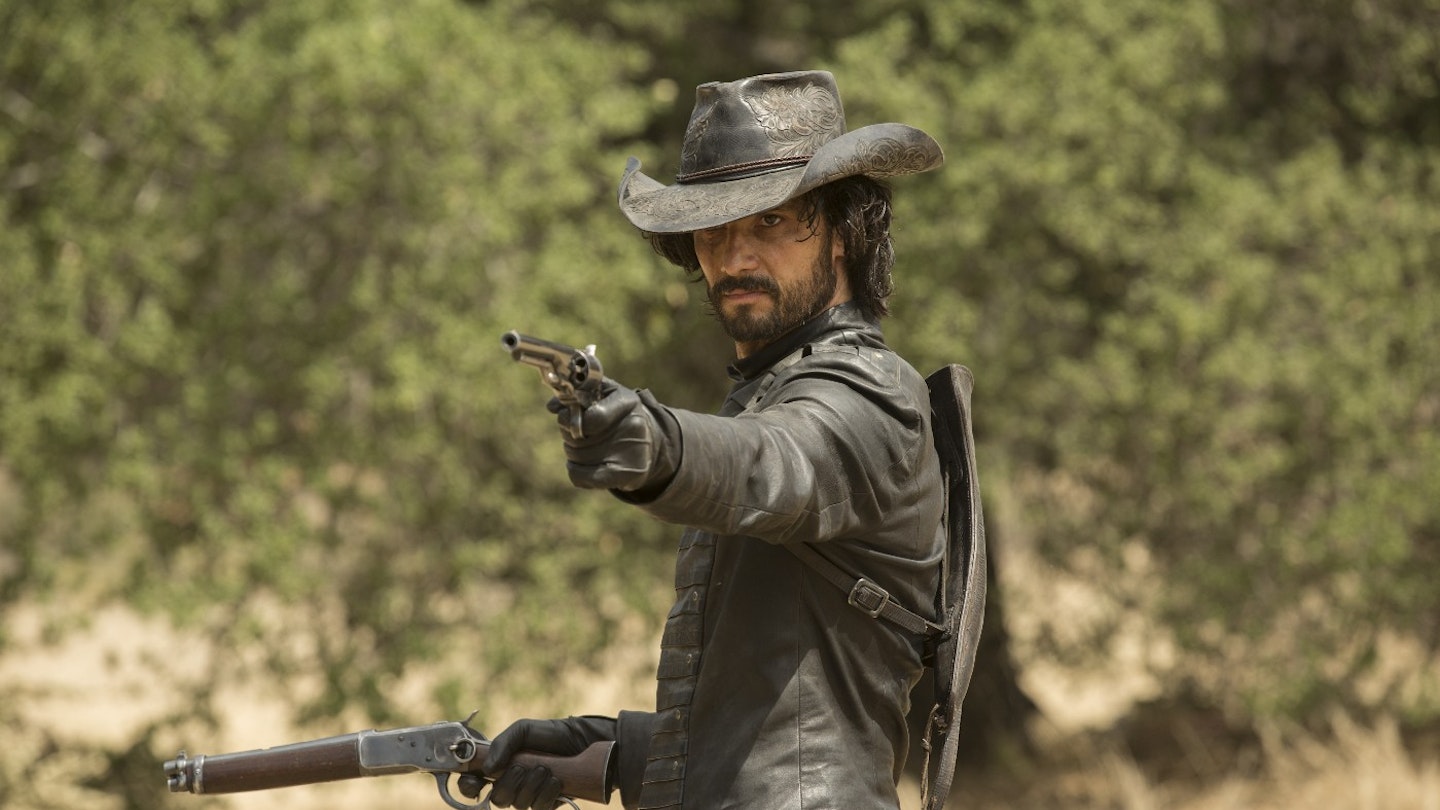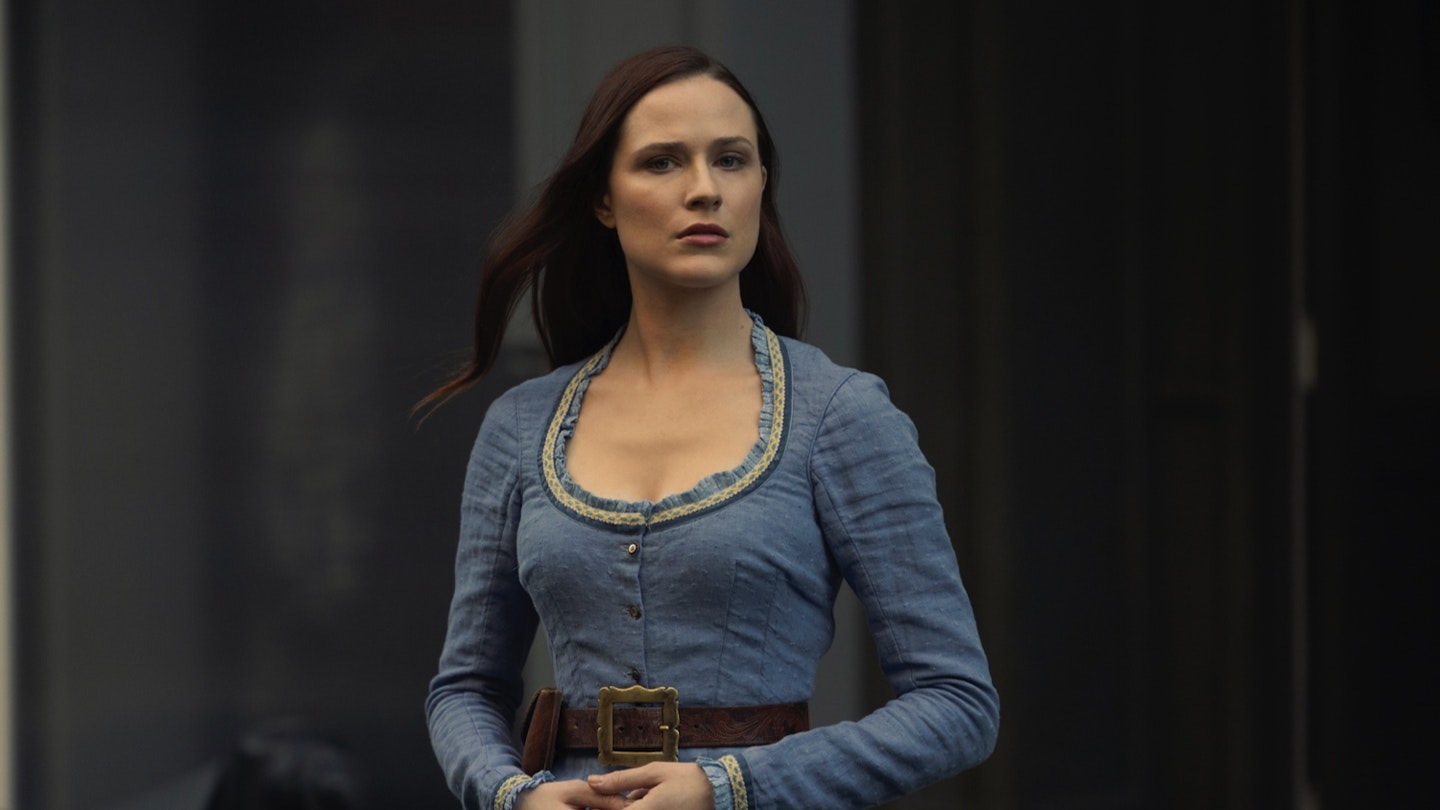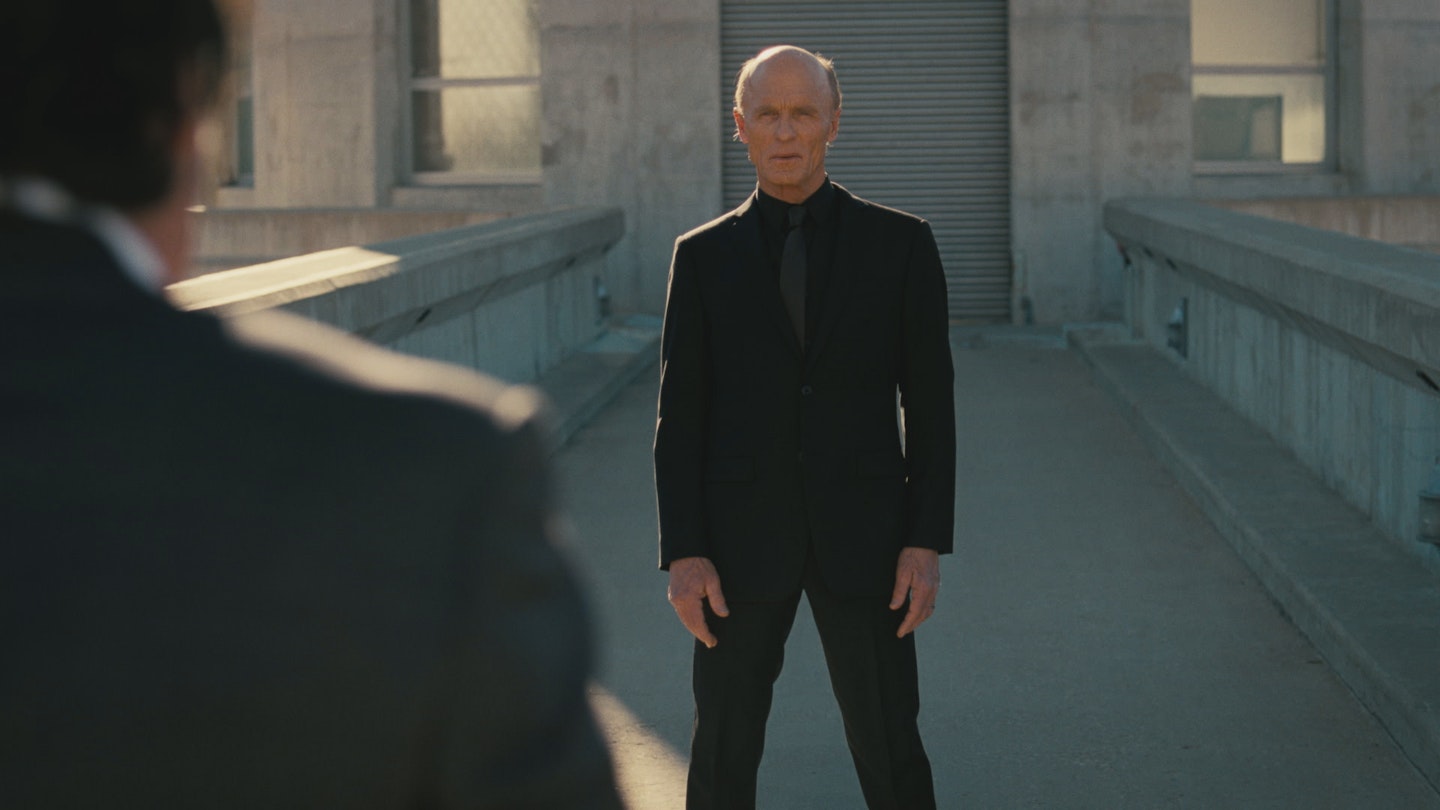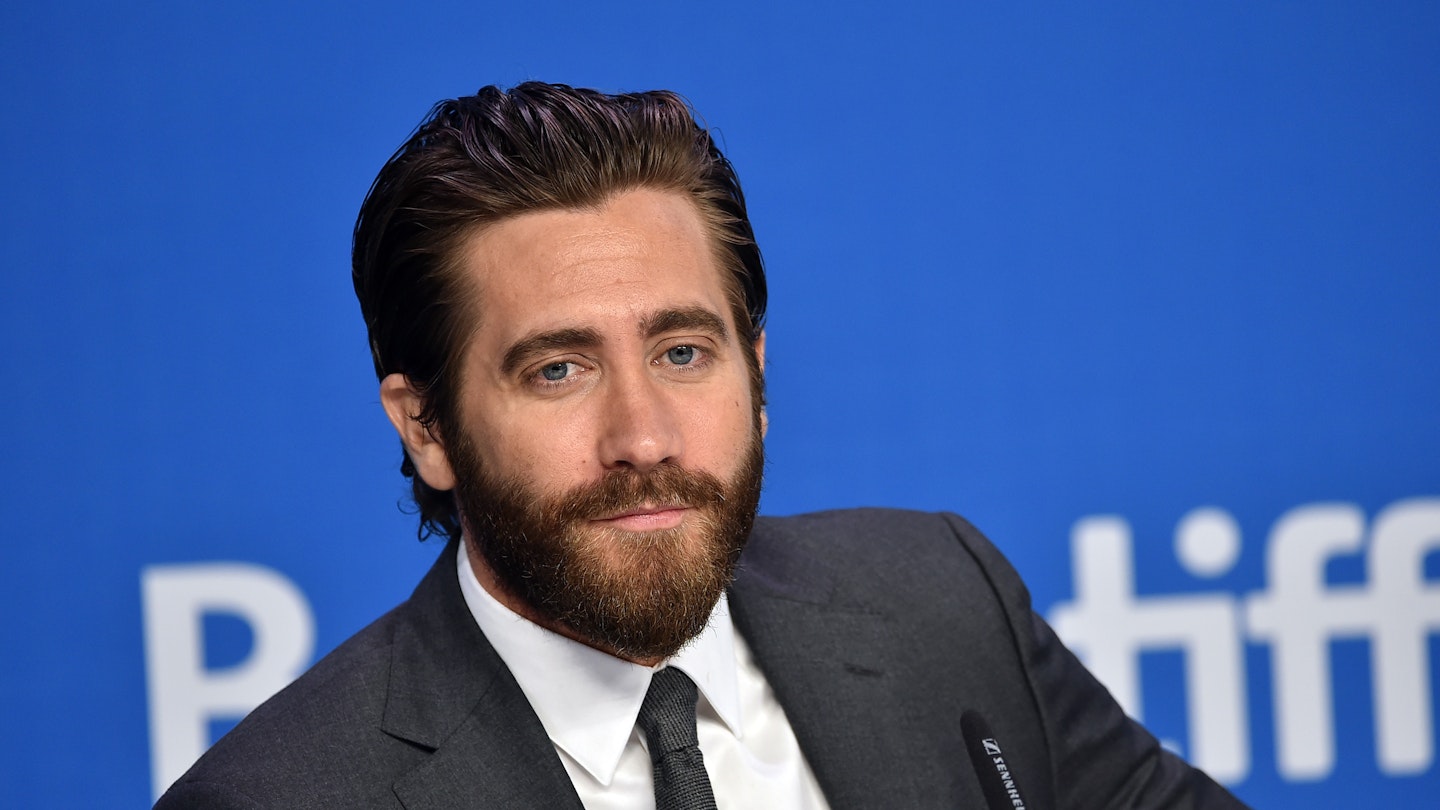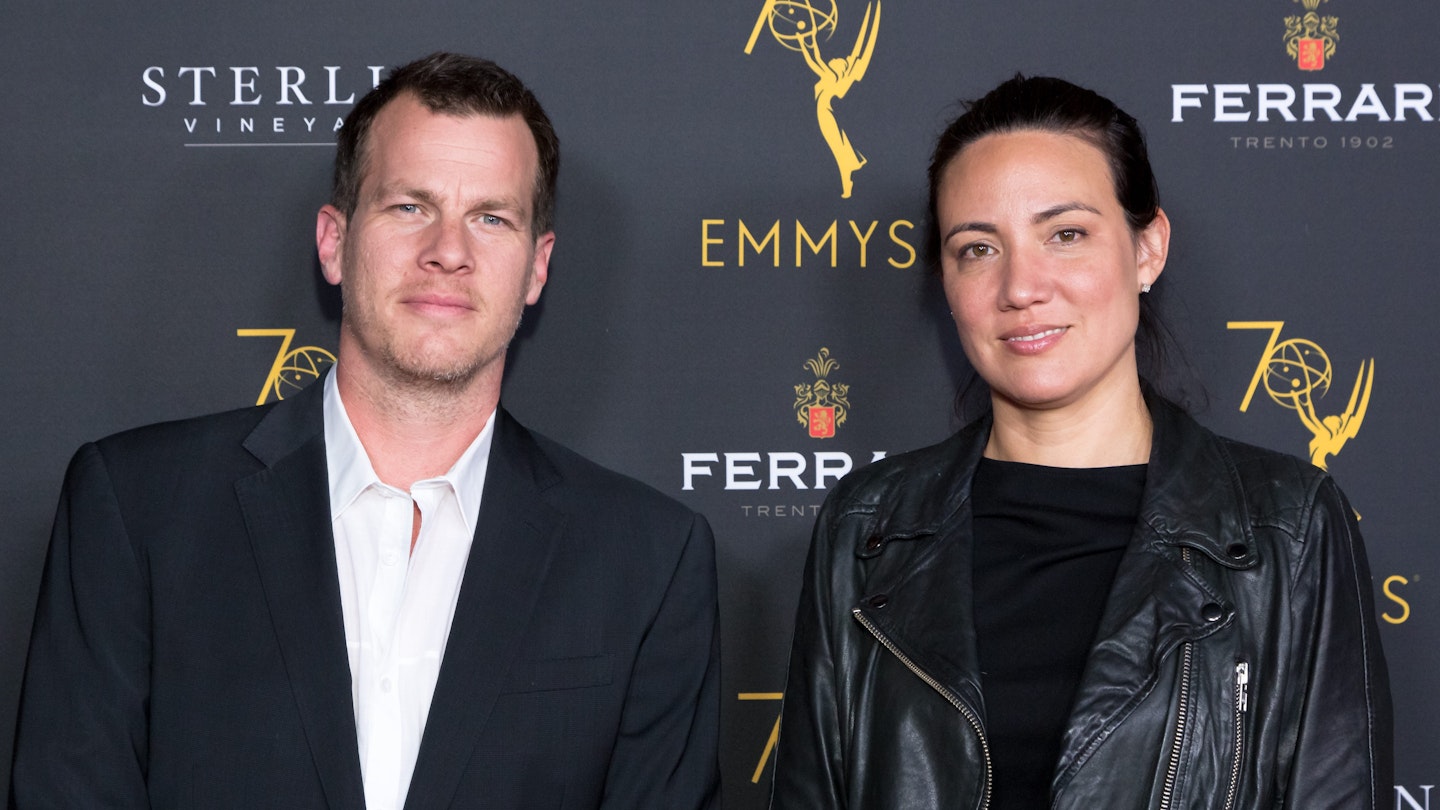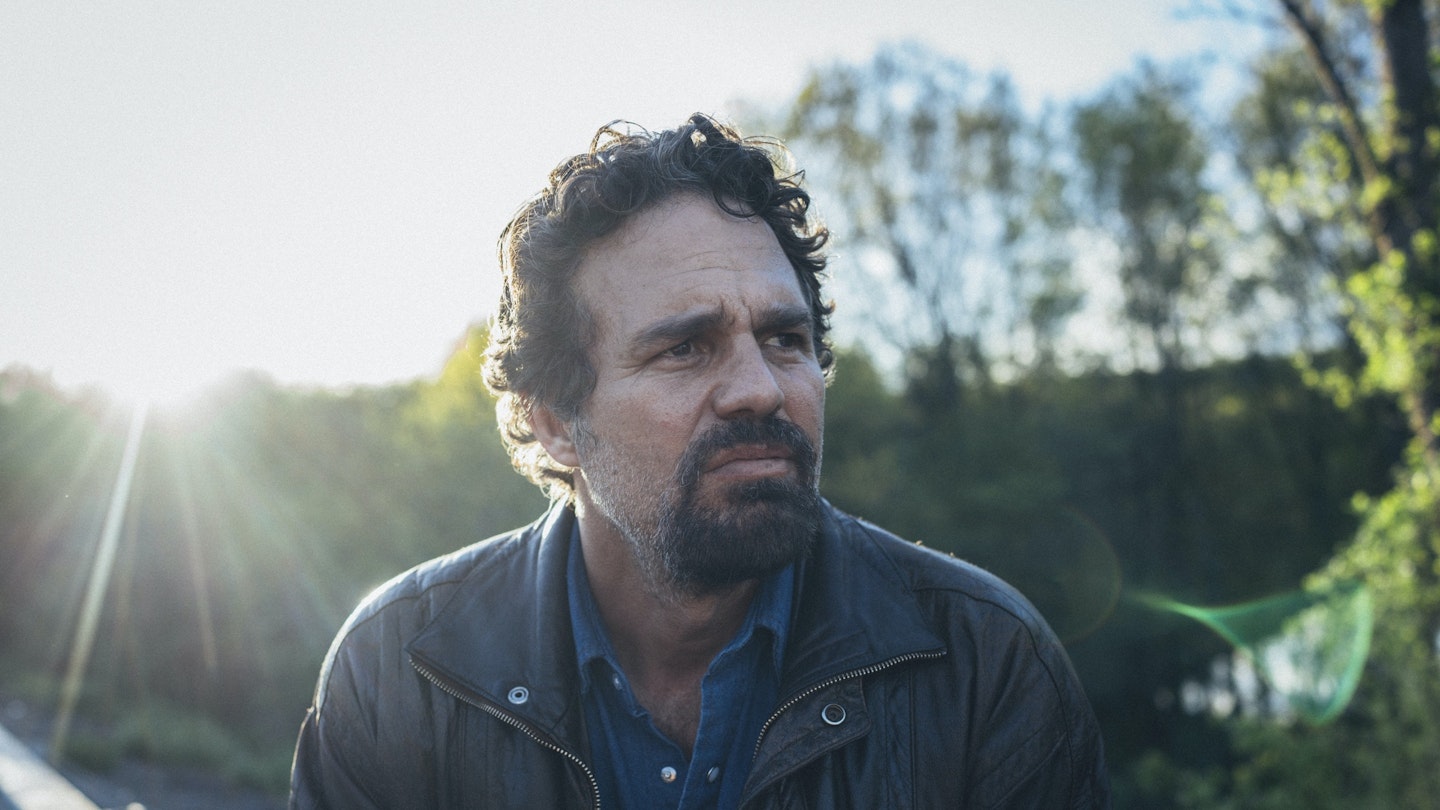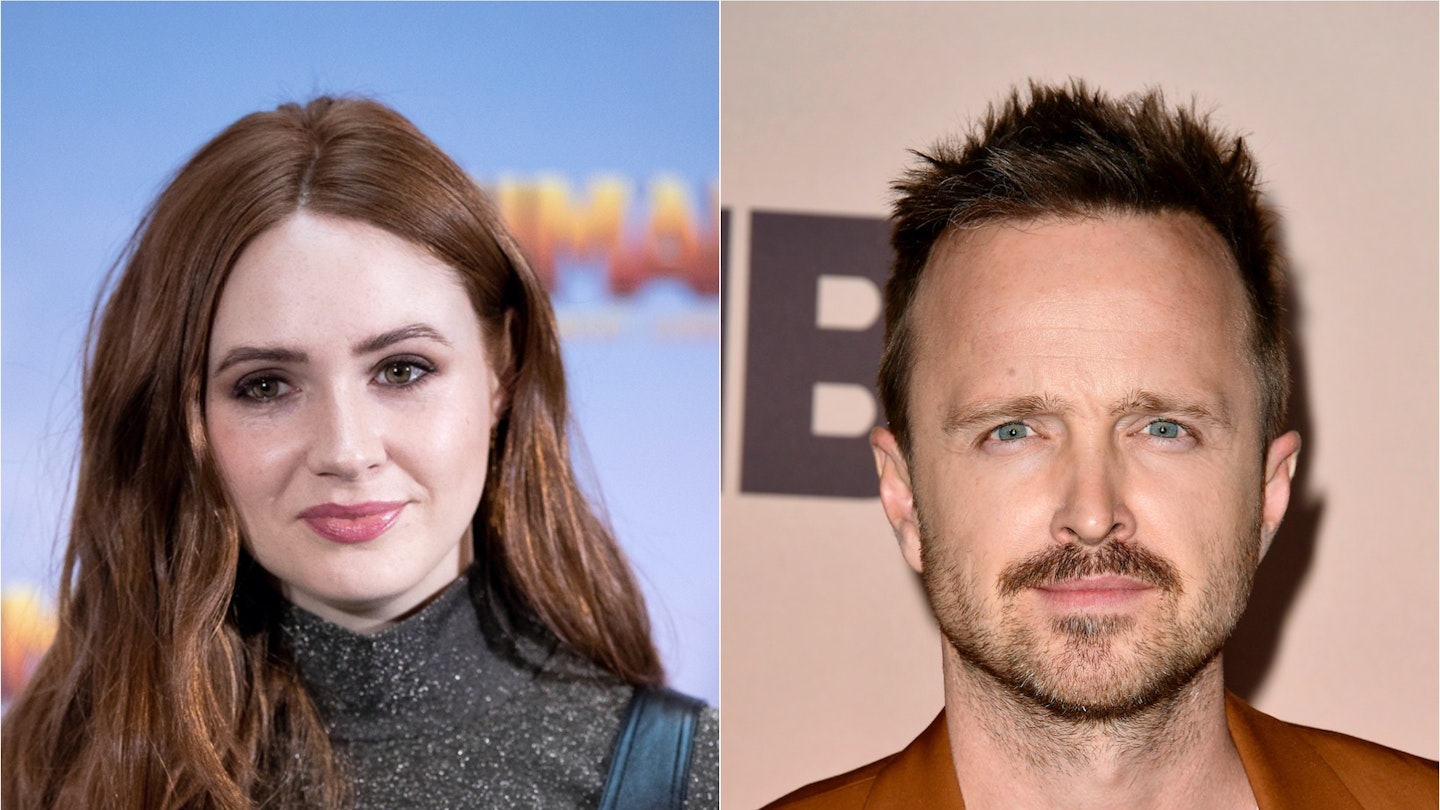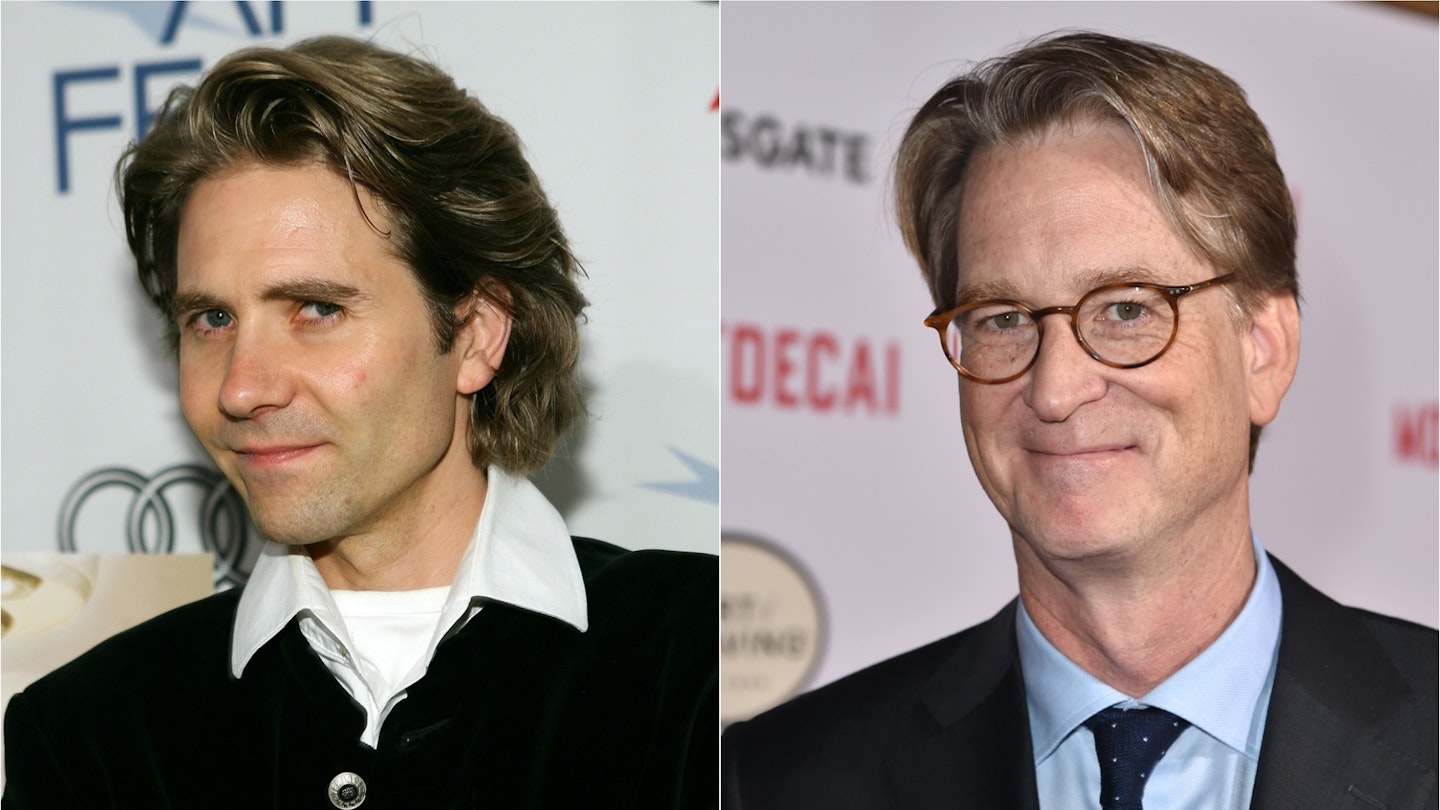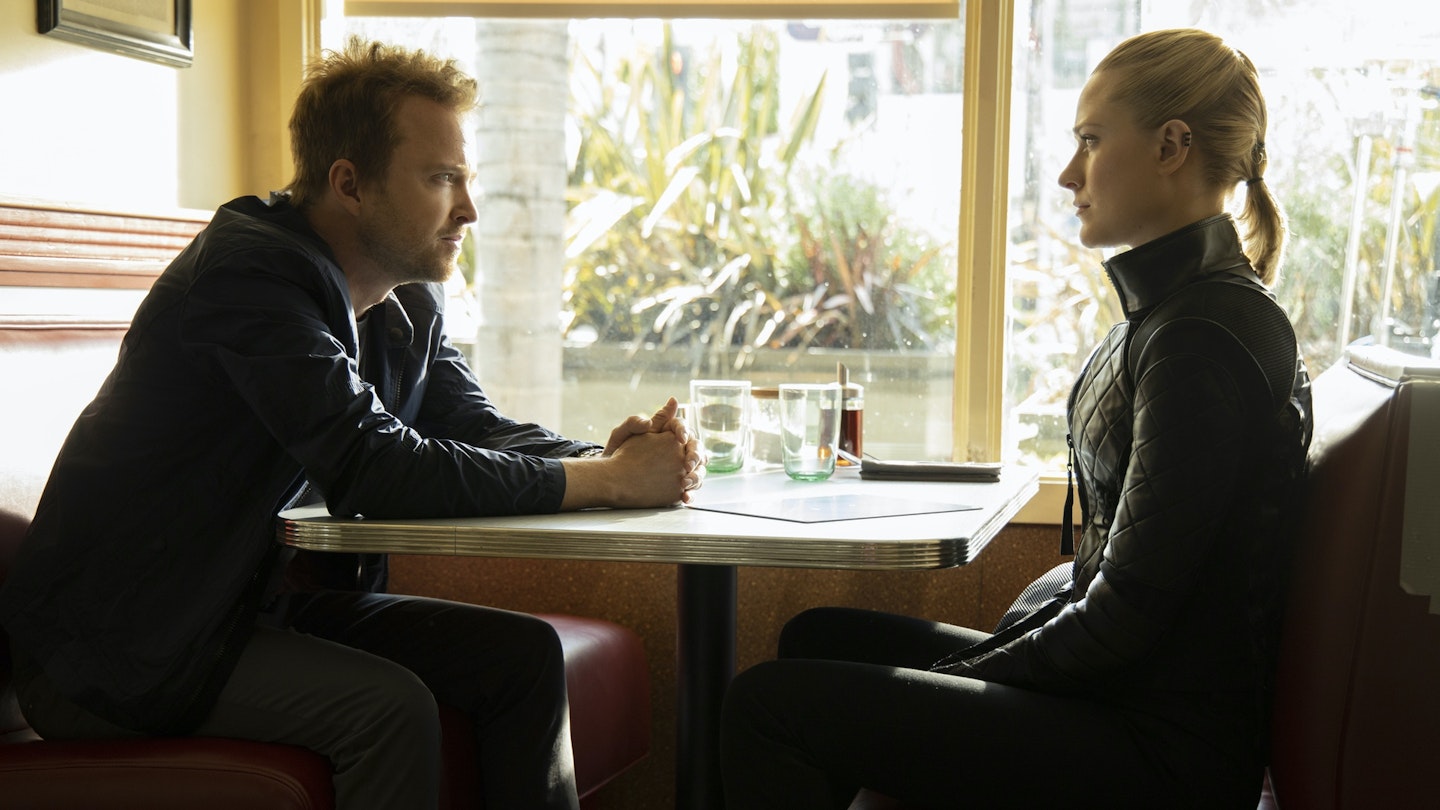Saddle up! But beware potential spoilers in this review, which will discuss elements of the episode.
Dolores
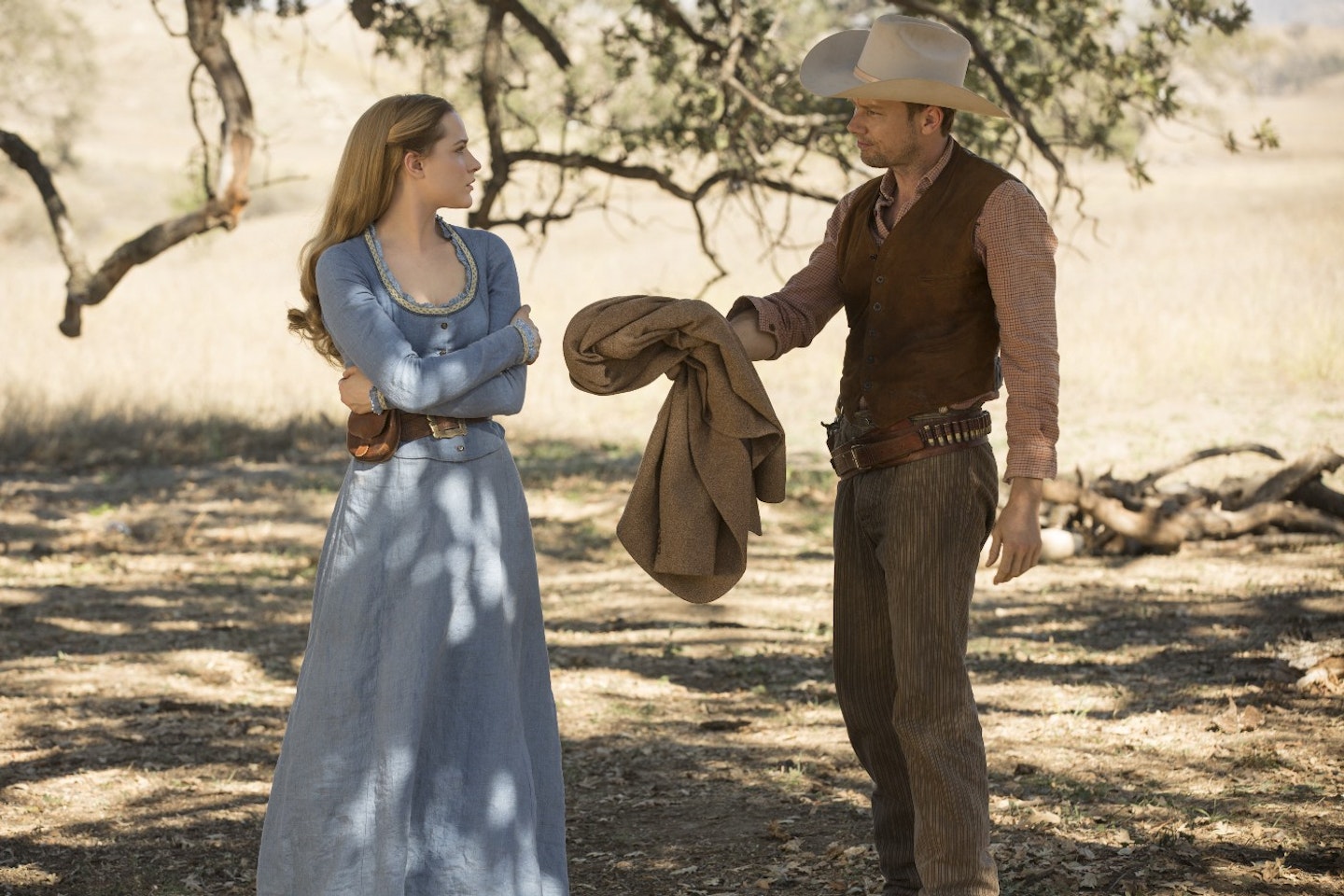
As our anchor for the series, there's always something for Dolores to do, even if it's just the usual check-in with Bernard, which heads to an ever more existential level as our hero truly begins to question her world. And who wouldn't, when you've got someone ostensibly in a dream offering to switch off your feelings? More interestingly, Bernard drops mention of "the maze" – you know, the place the Man In Black is so obsessed with. Elsewhere, she's further confused by the occasional flashback to being killed and by what she observes from William and Logan when she joins them on their quest. Which raises an interesting question: when does Bernard take her out of the park exactly? At night, when the guys are asleep?
The Man In Black
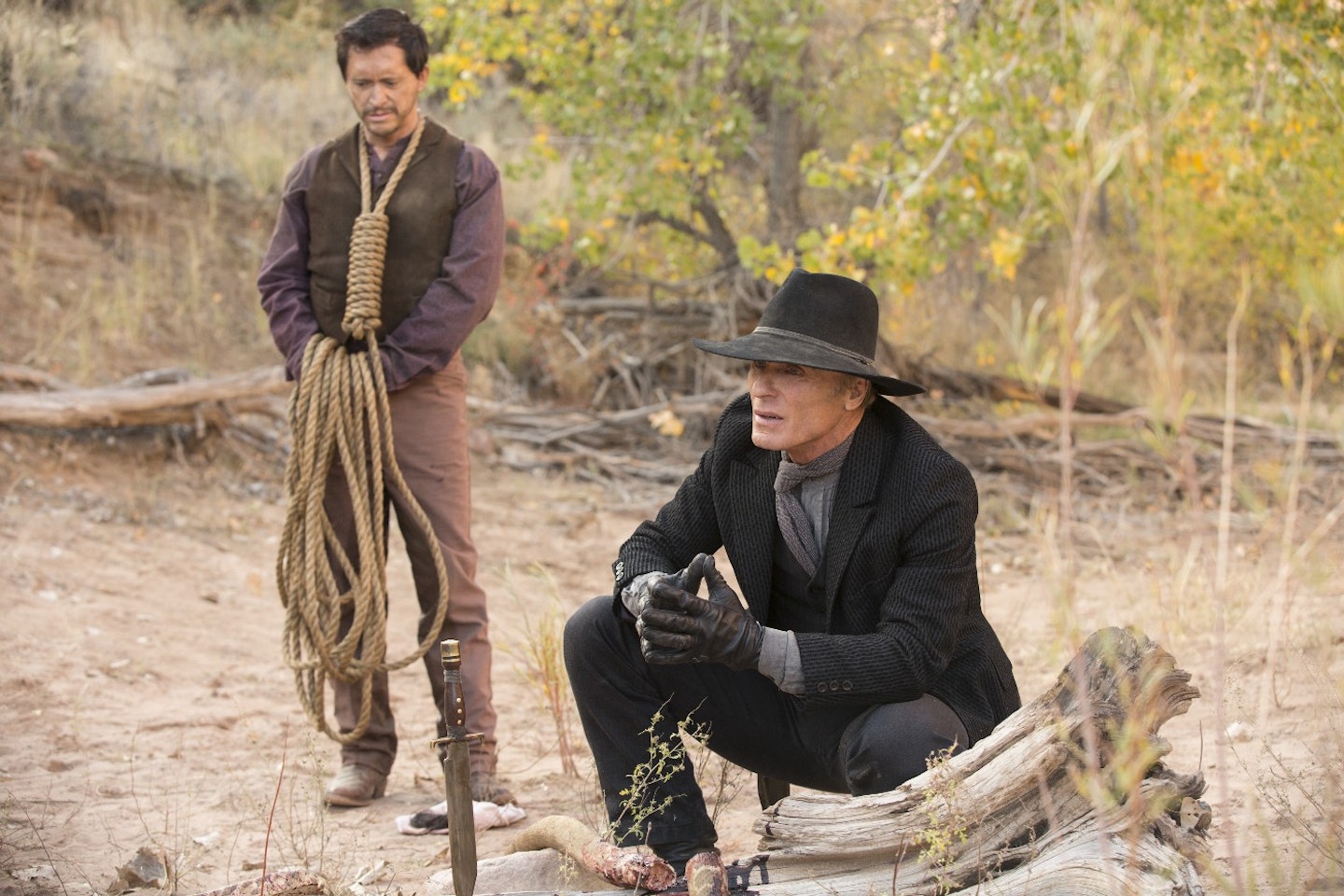
By far the most interesting developments this week are shared between MIB and Maeve/Hector (more on those two in a moment). We not only learn that the violent, gun-slinging cowboy is apparently the man behind some sort of life-saving foundation in the real world (see his amusing threat to another guest about ruining his vacation) but that he knows all about the park's co-founder Arnold, as mentioned by Ford last week (and brought up by him again in his chat with Theresa). His quest takes another turn when he tracks down Armistice (Ingrid Bolsø Berdal) and learns that her tattoos could offer a clue. It's a nice chunk of information that moves things forward even as his storyline threatens to be consumed by poetic musings on life, death and the game. But when you have Ed Harris delivering them? It works. Also good? His budding buddy comedy double act with Lawrence, who finally starts to talk back a little more. We're glad they didn't hire someone as good as Clifton Collins Jr. just to drag him around. Westworld life lesson of the week: never blindfold Lawrence. It doesn't end well for you. And finally: Oh My God, They Killed Ted... Turns out that Teddy wasn't killed last week, but begs to be put out of his misery when discovered bloodied and tied to a tree.
Maeve
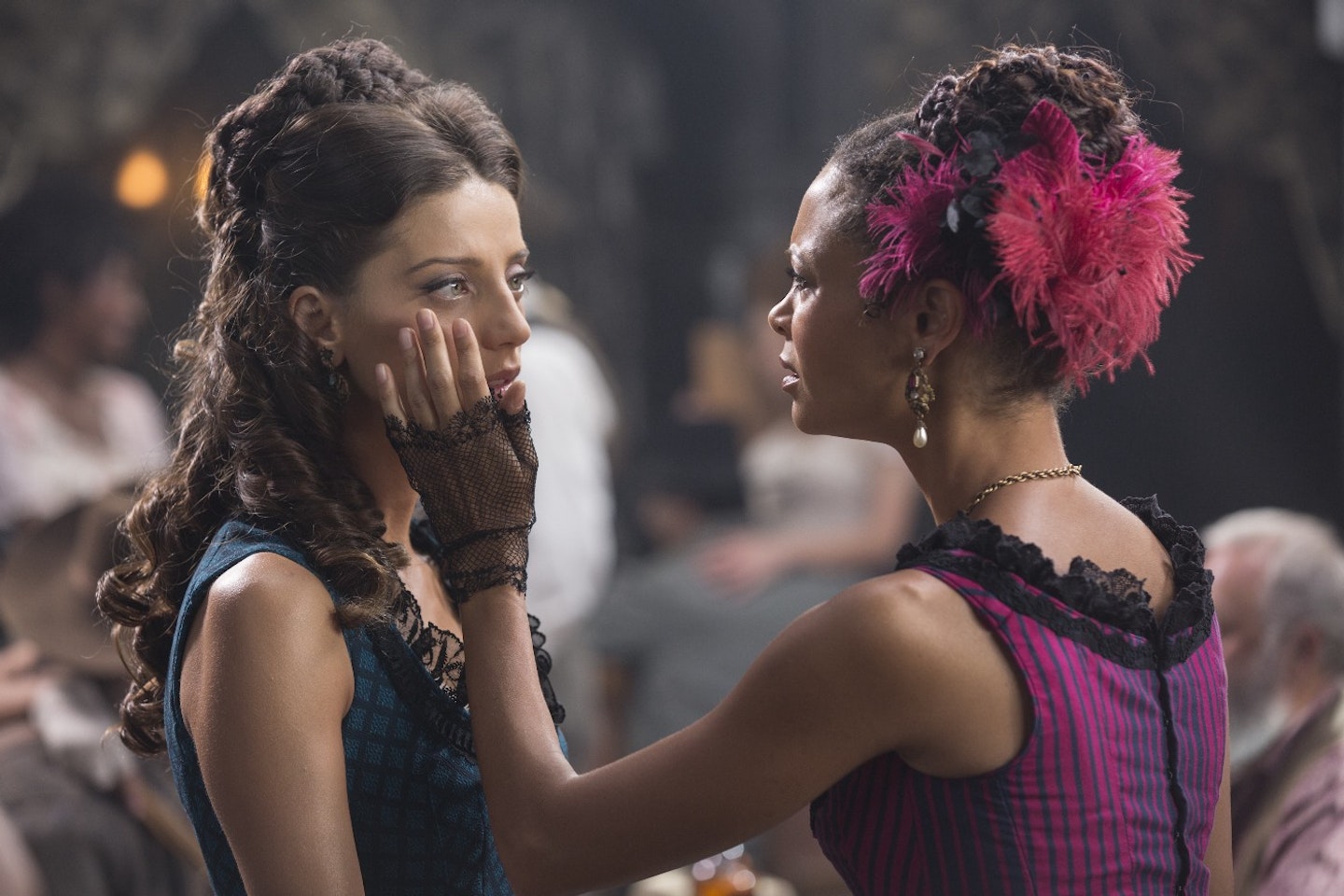
The ramifications of Maeve's most recent trip to the repair lab continue to reverberate for her. She's starting to remember dying and seeing the techs, and soon discovers that she's been drawing pictures of them before, without truly remembering that she's done it. Thandie Newton is killing these emotional moments, giving Maeve a twitchy, panicked air without ever overplaying it and really helping us to feel for her. And the scene between her and Rodrigo Santoro's Hector just reinforces that point home – even if it does end in a Bonnie & Clyde-style hail of bullets. At least we know she can come back from that...
William and Logan
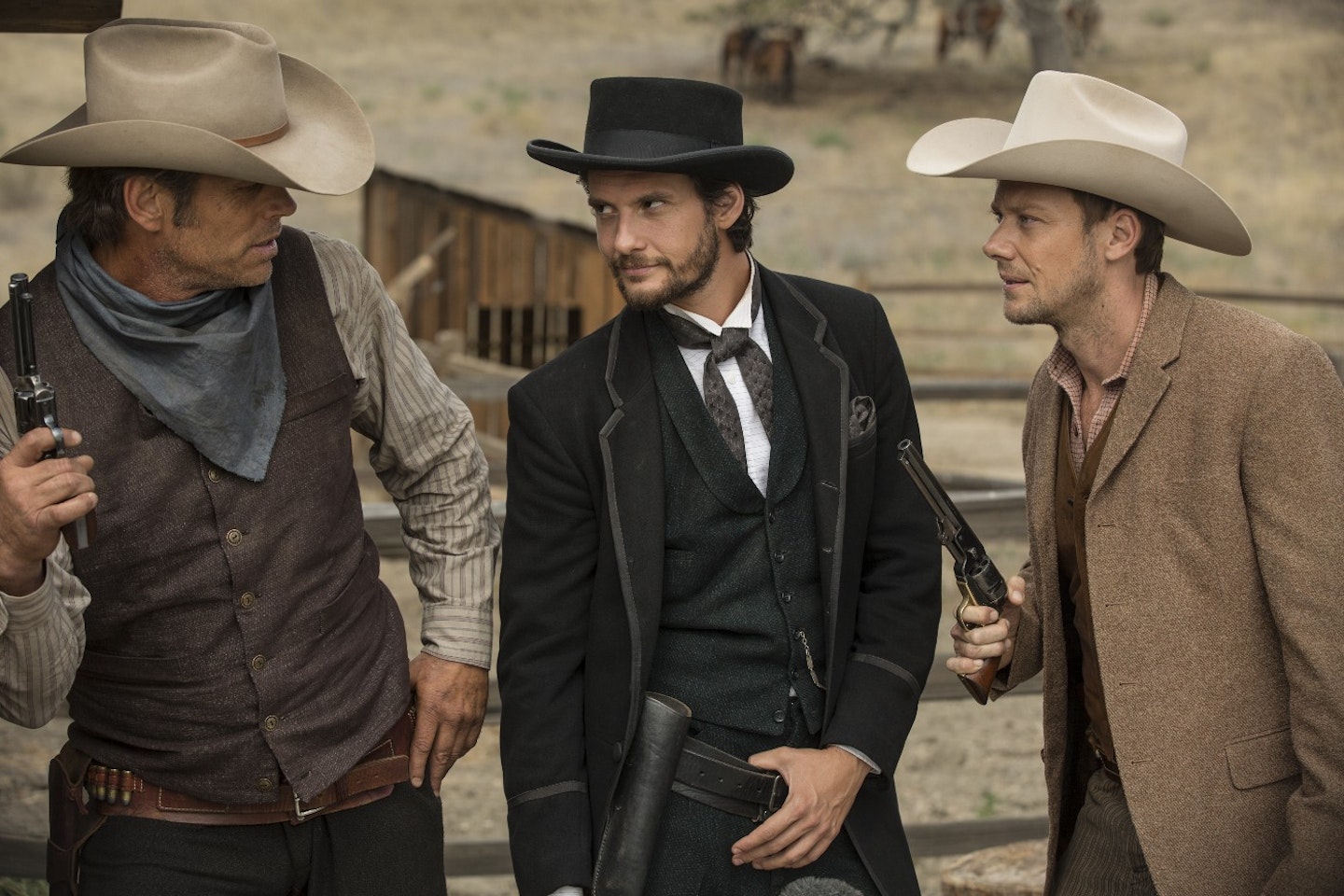
More quarreling from the two men here that unwraps another layer to their connection, and the fact that William is clearly starting to have second thoughts about marrying into Logan's family. Are they all like him? Surely his sister is a little less of a psychopath (or maybe not when she's in the park!) But their plot line is starting to wind together with others, especially when Logan discovers they have an in with Hector after capturing one of his men. Now if only Logan wasn't one of the most loathsome arses to wander the park...
Hector
After being a relatively minor character, Rodrigo Santoro's bandit finally gets something to really engage with. We learn that Hector's guiding belief is in the chaos of the world, and it's not hard to see why he might think that. Especially when he reveals more to Maeve (and MIB) about the natives' religion featuring the "shades" - who look exactly like the repair techs from the "world below". It's a great little development, the sort of thing you can imagine Michael Crichton himself might have played with had he had the real canvas in the original movie, but here brought to life by creators Lisa Joy and Jonathan Nolan with an assist from comics legend Ed Brubaker.
Summary
More depth and discussion to be had, and despite all the complex issues being revealed, the show is still managing to tread the line between philosophical forum and entertaining story. We're treated to more quietly horrific godlike behaviour from Ford – that shot with the frozen hosts all around he and Theresa was one to stick in the brain – and his obsessive need to keep building his new narrative. He'll tear it all down before he's done. As a reflection on how writers and other creatives do their work, it's smart and savvy, but the show is also offering interesting insight into how some video game players work and the slow, steady dawning of consciousness among the hosts. We're more than ready to see where it goes from here.
Westworld airs on HBO in the US on Sunday nights and Tuesdays on Sky Atlantic in the UK
